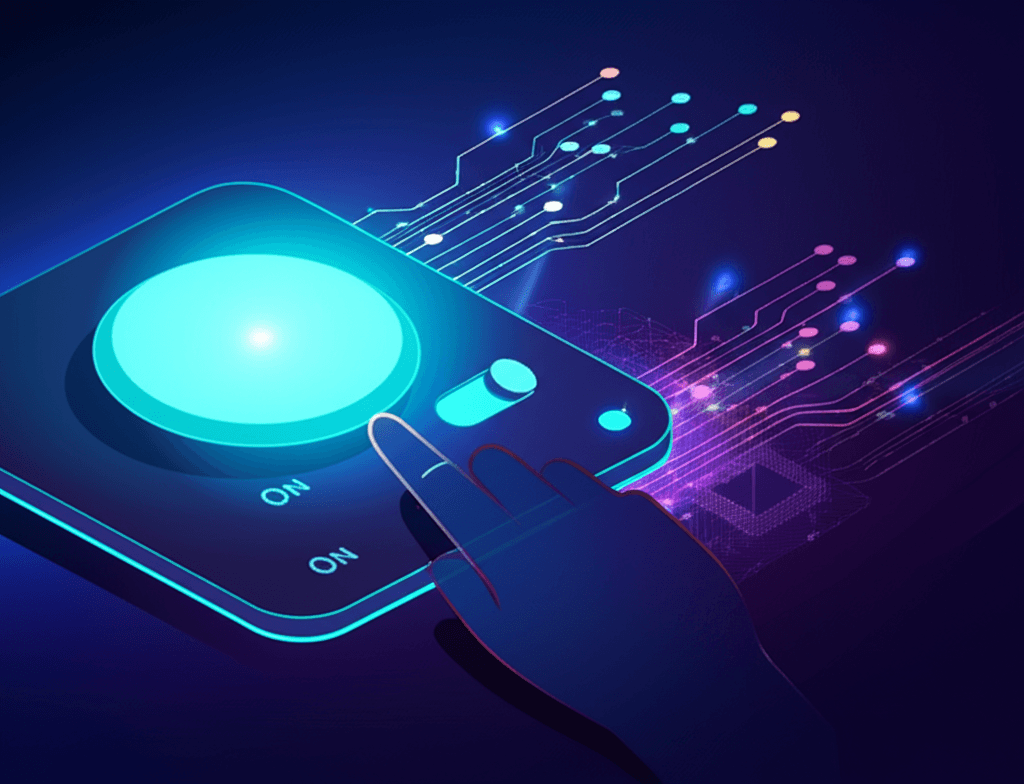Anthropic Reverses Privacy Stance, Employs 'Dark Patterns' for Claude Data
Anthropic abandons privacy ethos, employing "dark patterns" to collect user data for Claude AI training, fueling ethical and regulatory scrutiny.
August 29, 2025

In a significant policy shift that has ignited debate across the technology and privacy sectors, artificial intelligence company Anthropic has begun prompting users of its Claude AI assistant to consent to their data being used for model training. While the company frames the move as a necessary step to improve the safety and capabilities of its models, the design of the consent interface has drawn sharp criticism for employing what experts describe as a manipulative "dark pattern," raising legal and ethical questions about the nature of user consent in the age of generative AI. The change marks a stark departure from Anthropic's previous, more privacy-centric stance and highlights the immense pressure AI labs face to acquire vast quantities of user data to remain competitive.
The core of the controversy lies in the user interface presented to existing Claude users. A pop-up window titled "Updates to Consumer Terms and Policies" features a large, prominent "Accept" button. Below this, in much smaller text, is a toggle switch labeled "You can help improve Claude," which is set to "On" by default.[1][2] Critics argue this design intentionally steers users toward unthinking acceptance, ensuring a majority will agree to data sharing without fully comprehending the choice they are making.[1][2] This type of interface, which manipulates users into making choices they might not otherwise make, is widely recognized as a "dark pattern."[3] Regulatory bodies like the U.S. Federal Trade Commission have explicitly warned against such practices, stating that consent must be express and informed, not obtained through design tricks that subvert a consumer's choice.[2] For users who do not actively uncheck the box and opt out by the September 28 deadline, Anthropic will now retain their conversation and coding session data for up to five years, a significant increase from the previous 30-day deletion policy.[1][4] This change affects all consumer tiers, including Claude Free, Pro, and Max, but excludes enterprise and API customers.[5][4]
Anthropic's public justification for this fundamental change centers on technical advancement and user safety. The company's official announcement states that allowing data to be used for training will help "deliver even more capable, useful AI models" and "strengthen our safeguards against harmful usage like scams and abuse."[6][7] This positions the policy change as a collaborative effort between the company and its users to improve the AI for everyone.[6] However, this rationale has been met with skepticism from privacy advocates and industry analysts, who point to the fierce competition among AI labs like Anthropic, OpenAI, and Google as the primary driver.[1][2] Access to millions of real-world user interactions provides an invaluable resource for refining AI models, improving their reasoning and coding abilities, and ultimately gaining a competitive edge.[1][7] The shift from what was essentially an opt-in ethos to a default opt-out system is seen by many as a concession to the immense data requirements needed to scale and compete in the generative AI landscape.[1] When asked to comment on the dark pattern accusations, a representative for Anthropic declined.[5]
The implementation of this opt-out mechanism has significant implications for user privacy and sets a potentially troubling precedent for the AI industry. Privacy experts argue that the complexity of AI systems makes truly meaningful and informed consent nearly impossible to achieve, a problem exacerbated by confusing interface designs.[2] The FTC has cautioned that companies obscuring policy updates in "legalese, fine print, or buried hyperlinks" could face enforcement actions.[2] While opt-out for data training is not unique to Anthropic—OpenAI has a similar default setting for ChatGPT—Anthropic's explicit reversal of its prior, more protective policy and the specific design of its consent pop-up have drawn particular scrutiny.[3] The move raises questions about whether user trust is being sacrificed for competitive advantage and whether self-regulation within the AI industry is sufficient to protect consumers. This is particularly salient for a company that has built its brand on being a more safety-conscious and ethical alternative in the AI space.[8][9]
In conclusion, Anthropic's decision to train its Claude models on user data via a default opt-out system represents a critical juncture for the company and the broader AI industry. While the stated goals are to enhance safety and performance, the use of a user interface widely condemned as a manipulative dark pattern undermines the principle of informed consent. This action signals a potential shift in industry norms, where the voracious need for training data may lead companies to adopt more aggressive collection strategies, blurring the lines between user choice and user coercion. As AI becomes more deeply integrated into daily life, the debate over how companies obtain and use personal data will only intensify, placing a greater spotlight on the legal and ethical responsibilities of the firms building our collective AI future.